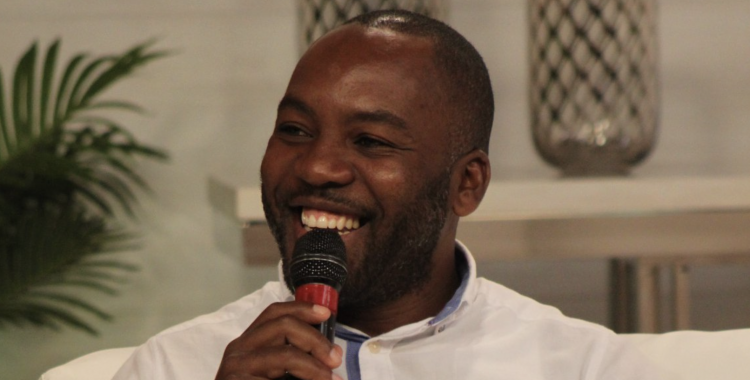"I wouldn't be able to say that we are completely insecure, but it is true that the feeling of insecurity that exists in our country is growing every day, essentially in the country's capital", he stated, speaking to Lusa.
For this analyst, citizens' feelings and suspicions of insecurity are confirmed by facts, such as deaths, violent crimes and looting, particularly in peripheral areas of Luanda, which record deaths "violently every day".
"So, this implies that somehow things are not as they should be", he highlighted in his analysis of public security in Angola, following the murder of professor and sociologist Laurindo Vieira, shot last Thursday on a public road.
Pakisi said that in Luanda alone, with close to 10 million inhabitants, there are around two million unemployed young people, a scenario that, in his opinion, encourages illicit practices.
The researcher understands that when a considerable number of young people are unemployed and/or in informal employment, as a result of poverty, "they are too prone to crime".
"And the problem cannot be solved with the police alone", he said, highlighting that in Angola there is a ratio of one police officer to 100 citizens, "which is not desirable", he stressed.
"The great truth is that the great crime we have in our country, which increases every day, is related to youth unemployment", he said.
The Criminal Investigation Service (SIC) presented, on Sunday, a group of young people suspected of having fatally shot professor Laurindo Vieira, a death that continues to generate commotion and condemnation from society.
Internet users on social media reacted with divergence to the presentation of the suspects, with some praising police preparedness and others not believing that the suspects were the true perpetrators of the crime.
Albino Pakisi, also a philosopher and university professor, applauded the SIC's "speed" in presenting the suspects and states, however, that the suspicions about the citizens now presented result from the citizens' "lack of trust" in State institutions.
"So, this means that even when the SIC does a serious and accurate service, people are suspicious, but I want to believe that those are in fact the suspects and the SIC here is to be congratulated for the work, especially for the speed", he noted.
The analyst considered, on the other hand, that Angolans by nature are not violent, because, otherwise, given the country's current socioeconomic difficulties, "crime would be much higher and with a level of lethality as well".
He also defended the need to promote sport, boost factories and encourage youth employment, particularly in the interior of the provinces, to reduce crime rates.
The Luanda Provincial Command of the National Police told Lusa, last week, that crime in the capital "is stable", despite the feeling of insecurity.







